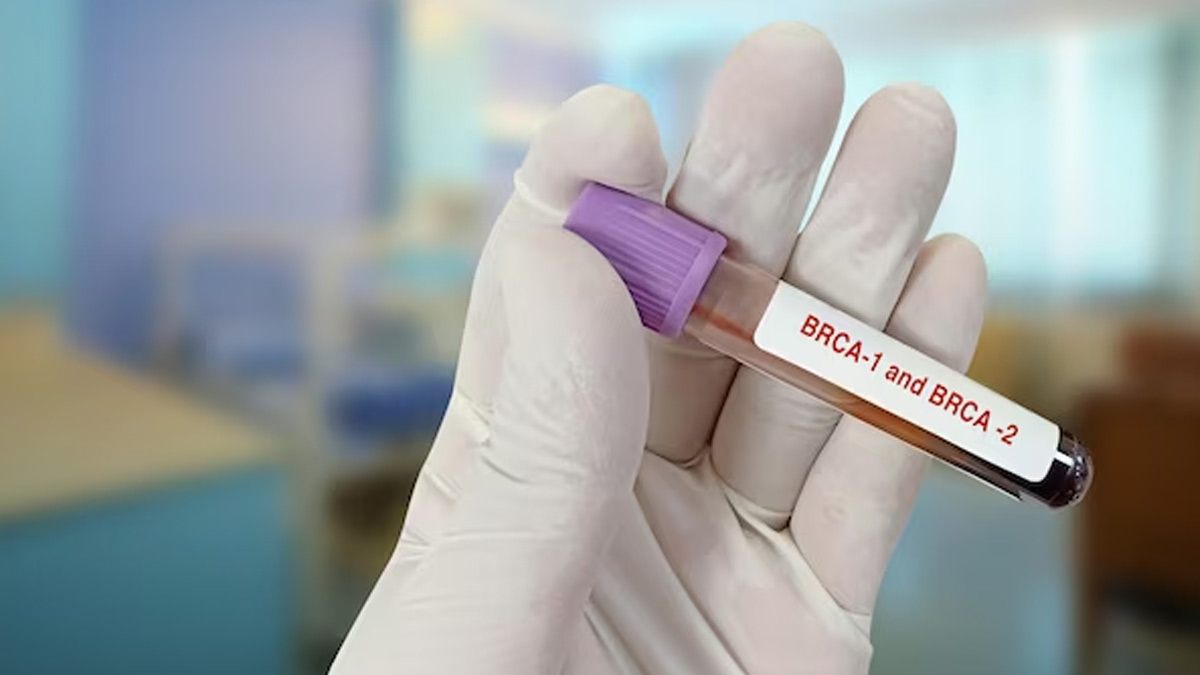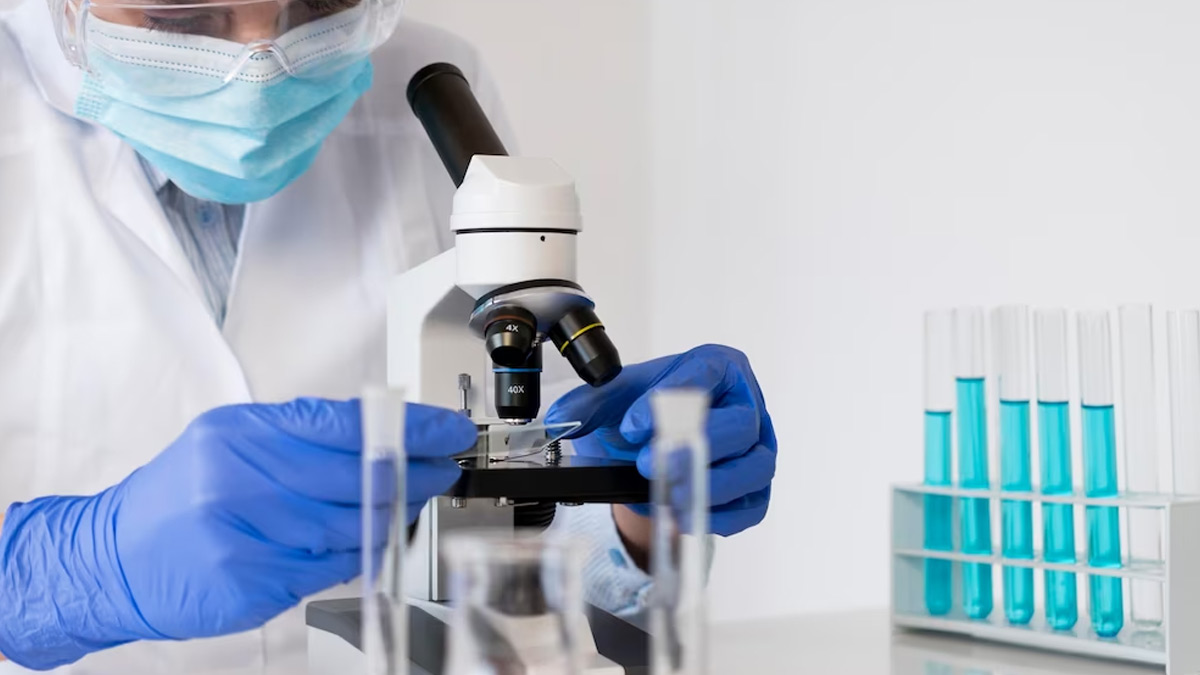
Breast cancer has surpassed cervical cancer as the most frequent malignancy in Indian women, with over 1,78,000 new cases diagnosed each year. On International Day of Action for Women's Health, we delve into the profound impact of genetic testing on understanding breast cancer, with a particular focus on BRCA1 (Breast Cancer Gene 1) and BRCA2 (Breast Cancer Gene 2) genes. According to Globocan 2020 research, a woman in India is diagnosed with breast cancer every four minutes.
Table of Content:-
With technological advancements and availability of low-cost genomic sequencing, it is now possible to understand the genetic basis of development of breast and ovarian cancer.
Sequencing of BRCA1 and BRCA2 genes can be used not only as a diagnostic tool but also as a screening method to identify those at high risk of developing breast and ovarian cancer. These individuals can then be put on increased surveillance to enable early detection and treatment of breast and ovarian cancer. To know more about the role of BRCA1 and BRCA2 testing in understanding cancer, Only My Health editorial team reached out to Dr Ambreen Aman, Molecular Pathologist, MedGenome Labs.
What are BRCA1 and BRCA2 Genes?
BRCA1 and BRCA2 are human genes that produce proteins responsible for suppressing tumour growth and maintaining the stability of the cell's DNA. Mutations in these genes can increase an individual's susceptibility to certain types of cancer, breast, ovarian, prostate, and pancreatic cancers. These mutations can occur sporadically and can also be passed down through generations.
Identifying potential risk factors is the first step towards victory in the battle against breast cancer. A deleterious mutation in the BRCA1/2 gene raises a woman's lifetime risk of developing breast cancer by up to 70%. An awareness of the presence of such a mutation is crucial in assessing the risk of developing cancer in the future even for healthy individuals.

If an individual tests positive for BRCA1/2 mutation, he/she should meet an oncologist and discuss preventive measures which include, lifestyle and dietary modification, self-examination, regular screening by ultrasonography and mammogram, risk-reducing medication, and surgical treatments.
Who Should Get Tested?
Genes are inherited, therefore, knowing your family history is significant when determining breast cancer risks. If either of your parents has a BRCA mutation, you have a 50% probability of getting the mutated gene. You can be a candidate for BRCA gene testing if you meet any of the following criteria.
A personal history of breast or ovarian cancer diagnosed at a young age (below 45 years / premenopausal) or bilateral breast cancer (affecting both breasts) or presence of both ovarian and breast cancer.
- A family history of breast, ovarian, fallopian tube, peritoneal, prostate, or pancreatic cancer.
- A male family member having breast cancer.
- A first degree relative with a known deleterious mutation in BRCA1 or BRCA2 genes.
- A family member with breast / ovarian cancer diagnosed below the age of 45 years
- A family member with bilateral breast cancer below the age of 50 years
- An individual with triple negative (ER, PR and Her2 Neu negative) breast cancer below the age of 60 years, with or without family history.

How Does Genetic Testing Help
Screening for BRCA gene mutations is done by sequencing DNA extracted from blood. This method accurately detects harmful changes (mutations) in either one or both of the two breast cancer susceptibility genes — BRCA1 and BRCA2. In the recent past, BRCA testing has also gained potential therapeutic benefit, beyond its role as risk prediction marker. Genetic testing allows for personalized treatment approaches. In the context of BRCA1 and BRCA2 mutations, individuals who have been diagnosed with cancer can benefit from targeted therapies, such as PARP inhibitors, which specifically target DNA repair deficiencies associated with these mutations.
Also read: Can Poor Oral Hygiene Increase The Incidence Of Oral Cancer? Expert Explains
Genetic counseling is another important factor which provides individuals with a comprehensive understanding of their test results, the associated risks, and the available options for risk management. Genetic counselors play a crucial role in helping individuals navigate the complex emotions and critical decisions that come with genetic testing.
Also watch this video
How we keep this article up to date:
We work with experts and keep a close eye on the latest in health and wellness. Whenever there is a new research or helpful information, we update our articles with accurate and useful advice.
Current Version